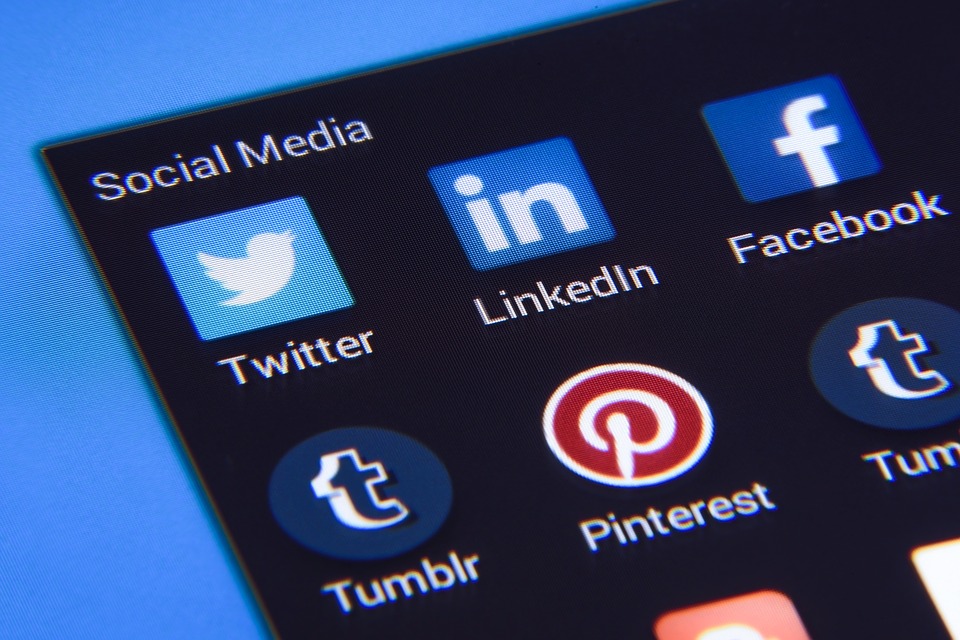
-Courtesy of pexels.com
Over the spring into summer, social media giants such as Facebook and Twitter have been facing a public relations nightmare. They’ve faced backlash toward how their platforms influence the public’s mindset, as well as their unwillingness to crackdown on fake news. This prompted Facebook CEO Mark Zuckerberg to testify before Congress about how much fake news was able to influence public perception during the 2016 election. Zuckerberg’s testimony was revealing, and he soon promised ways to combat fake news as a whole.
Critics on the far-right state that cracking down on fake news would be a violation of free speech and that it is merely opinion that is being stated, not fact. One of these critics is Alex Jones, who is infamously known to have spread conspiracy theories and fake news, most notably stating the Sandy Hook school shooting was fake and that 9/11 was an inside job.
Just three weeks ago, as part of their effort to combat fake news, Facebook, iTunes and YouTube permanently banned Alex Jones and his podcast “InfoWars” from their platforms. However, Twitter kept Jones on their platform, and was heavily criticized for it. Twitter saw that Jones wasn’t violating their terms and agreements in regards to harassment, but that soon changed. Jones publicly confronted and harassed CNN reporter Oliver Darcy and just days later he harassed Florida Senator Marco Rubio.
After realizing Jones’ behavior, Twitter permanently suspended him and his podcast. Of course outrage quickly ensued, but here’s the thing: Twitter was right in banning him from their platform. Not only did he twice violate their terms and agreements on their platform, but he publicly harassed certain people that he aggressively disagreed with on certain issues. For example, if someone harassed you on Twitter or Facebook you would normally ignore it, because it’s on the internet. However, if that said person found out where you worked to continue harassing you publicly and to your face, then people are going to be upset and rightfully so.
If Jones had been on Twitter complaining about his situation and was shutdown as a result, then the free speech argument may be valid. Unfortunately, when you harass people in public, you have to be prepared to face the consequences of your actions. Freedom of speech does not mean freedom from consequence, and it is a lesson that Jones and others like him should learn. Suffice it to say, it doesn’t seem likely to happen anytime soon.
For questions/comments about this column, email [email protected] or tweet @TheWhitOnline.